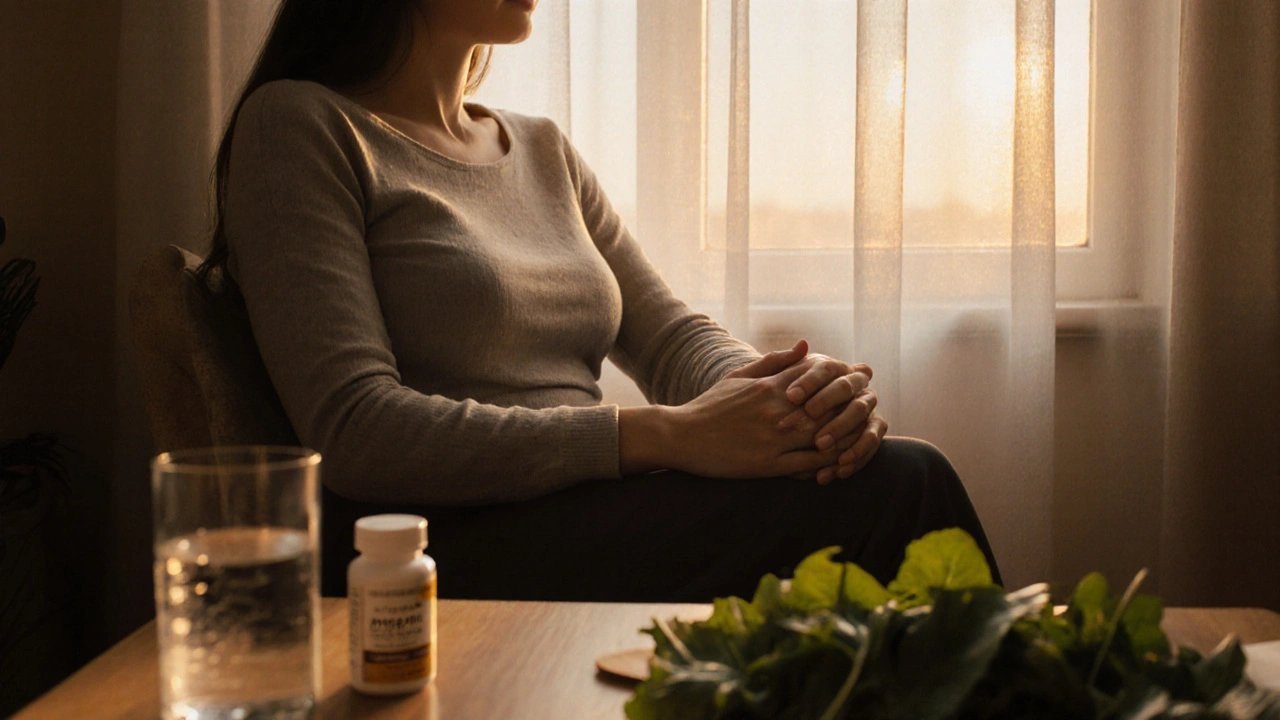Vysazení antikoncepce: Co se děje s tělem a jak na to?
When you stop taking hormonal contraception, your body doesn’t just flip a switch—it starts rebuilding its own rhythm. This process, known as vysazení antikoncepce, přerušení užívání hormonálních přípravků, které uměle potlačují přirozený hormonální cyklus. Also known as ukončení pilulky, it triggers a cascade of changes that can last weeks or months, depending on how long you’ve been using it. Many women expect their cycle to return immediately, but the truth is more complex. Your ovaries need time to wake up, estrogen and progesterone levels need to find their balance, and your body has to relearn how to ovulate on its own.
What you might notice first? Irregular periods, mood swings, or even breakouts. These aren’t side effects—they’re signs your body is resetting. The same hormones that suppressed ovulation also affected your skin, hair, and even your appetite. After stopping, your hormonální rovnováha, přirozený poměr pohlavních hormonů, který řídí cyklus, náladu a metabolismus begins to rebuild. Some women feel better within a month; others take six months or more. There’s no universal timeline. What matters is listening to your body. If your cycle doesn’t return after three months, or if you experience severe symptoms, it’s worth checking with a specialist.
Don’t forget about your gut. Hormonal contraception changes your microbiome, and so does stopping it. That’s why many women report bloating or digestive issues right after quitting. Supporting your střevní mikroflóra, soubor přirozených bakterií ve střevech, který ovlivňuje hormonální metabolismus i imunitu with fiber, fermented foods, and probiotics can make a real difference. It’s not magic—it’s biology. Your gut helps break down excess hormones, so a healthy microbiome helps your body adjust faster.
And yes, your skin will react. Acne, oily skin, or dry patches can pop up because your body is no longer flooded with synthetic estrogen. This isn’t a flaw—it’s a signal. Your sebaceous glands are returning to their natural activity. If you’ve been on the pill for years, your skin might need extra care: gentle cleansing, non-comedogenic moisturizers, and patience. Avoid harsh treatments right away—your skin is already under stress.
Many women worry about fertility after stopping. The good news? Most regain fertility quickly. Ovulation can return within two weeks, though it might take longer to establish a regular pattern. If you’re trying to conceive, track your cycle with ovulation tests or basal temperature. If you’re not, use backup contraception—your body can surprise you.
Below you’ll find real, practical posts that dig into exactly what happens when you quit the pill. From how your hormones shift to what you can eat to speed up recovery, from managing skin breakouts to understanding why your energy levels drop—everything you need to navigate this transition without guesswork. No fluff. Just clear, science-backed tips from women who’ve been there.
